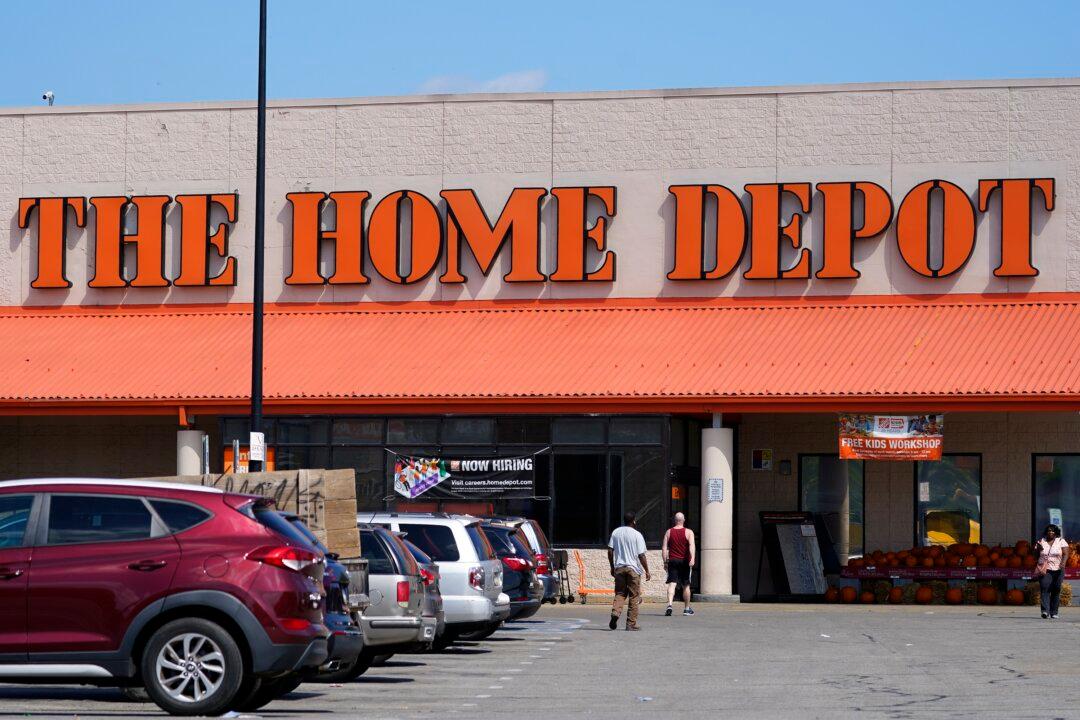Commentary
If anyone still believes that the U.S. economy is doing just fine, they should take a closer look at what is happening to the retailers that depend upon the faithful American consumer to “shop, shop, shop” to keep the economy afloat.

If anyone still believes that the U.S. economy is doing just fine, they should take a closer look at what is happening to the retailers that depend upon the faithful American consumer to “shop, shop, shop” to keep the economy afloat.